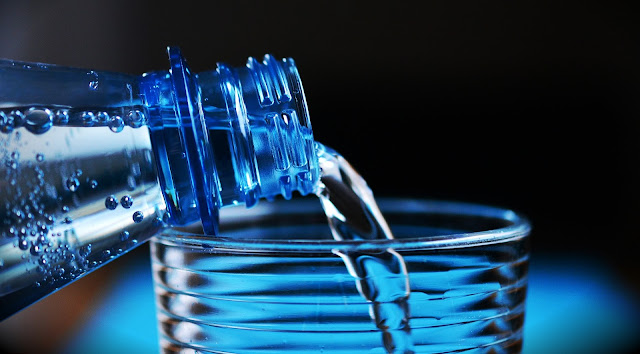Maskne
Yes, face mask acne is now a thing. It is called "Maskne".
I have always prided myself in having a very beautiful, smooth skin. Even as a teenager, I never had issues with acne at all. Therefore, when all of a sudden in the year 2020, few months into the pandemic, I noticed a number of pimples on my face. It was especially around the edges of the mask where it made contact with my skin. I also noticed quite a few just on my cheeks as well. Then, I realized it was attributable to the mask. The timing of when I started noticing the pimples tallied with when I started wearing a disposable N95 mask all day whenever I worked at the hospital. That is a very long time to adorn these masks. But safety over comfort is a wisdom nugget to hold in high esteem especially at this time. Another reason I knew it was the face mask that was responsible for the break-outs or acne, was because at the time I had stopped applying make up because there was no point anyway because it gets covered by the face masks. Also, because make up will only stain the masks and make them look bad. Therefore, make up is a confounder I eliminated from the equation as a possible culprit.
I was able to establish that face mask caused irritation responsible for these break outs because masks traps moisture, sweat, oil and dirt close to our skin which eventually leads to acne, irritation, pressure marks, pressure sores and contact dermatitis. Another mechanism is through generation of friction at the point the mask touches the skin. This is further aggravated by when you touch your face, adjust the mask, try to get to an itch on your nose, when you move your mask briefly in order to get a quick sip of water.
Also, worthy of note is the fact that breathing and talking into the mask and sneezing increases the moisture within the area of the face under the covering of the mask. This ends up increasing the skin's natural physiology. Eventually this causes overgrowth of bacteria causing acne. It could also explain inflamed hair follicles and a flare of rosasea.
The following are tips to bear in mind to help reduce the risk and effect of Maskne :
1) To avoid blemishes, you need to alter your skin care routine and consider what kind of mask you are wearing.
2) Make sure that your mask is the right size. Ensure that it is custom- fitted for your face.
3) Keeping your face clean is very crucial. Before wearing a mask, wash your face with a gentle facial cleanser such as Alaskin or Cetaphil or neutrogena.
4) Add soothing products e.g skinceuticals or Neutrogena or Avene's cicalfate restorative skin cream. These help to hydrate, repair and restore the skin by providing support for the barrier function of the skin.
5) Avoid wearing make up, which can soil the mask and further clog your skin.
6) To tackle irritation from masks from friction, barrier cream can be applied e.g Vanicream moisturizing ointment. The goal is to seal moisture into your skin to protect it.
7) You can also apply a moisturizer containing anti-inflammatory ingredients e.g Niacinamide.
8) Use eco-friendly laundry detergent to wash your face masks to further reduce chances of irritation especially for the washable masks.
9) Overall, sleep well. Eat fruits and vegetables. Drink lots of water.
10) Most importantly, stay safe. Maintain social distancing and wash your hands.
Stay sweet. Stay safe. Stay sassy!
“If you have health, you probably will be happy, and if you have health and happiness, you have the wealth you need, even if it is not all you want.”
– Elbert Hubbard






Comments
Post a Comment